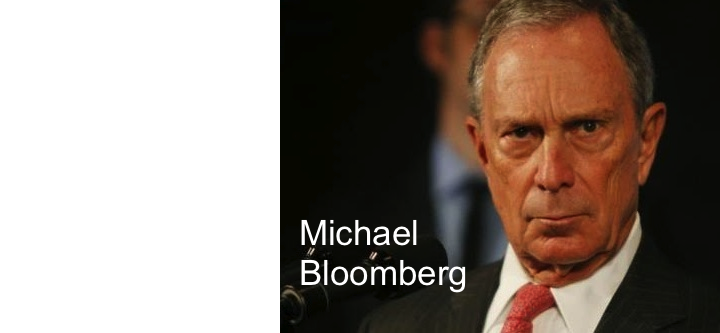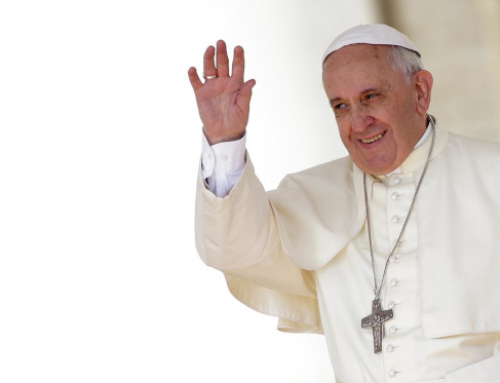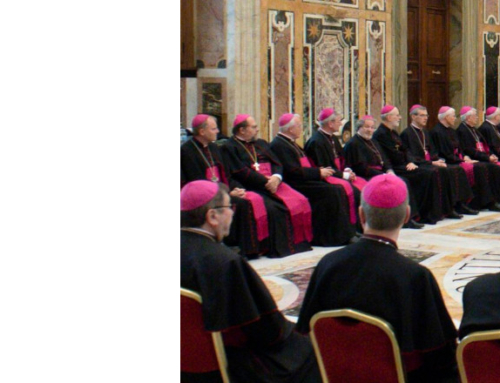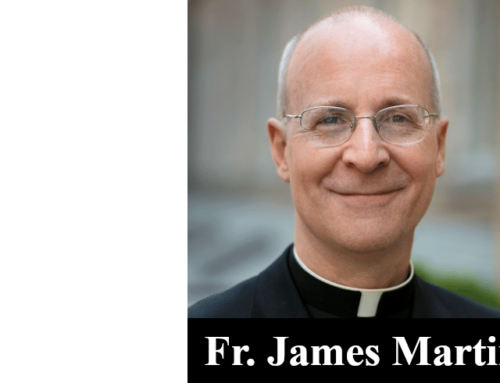Catholic League president Bill Donohue comments on an article that questions the Catholic Church’s strategy in handling abuse claims:
On January 8, Bloomberg News published a lengthy article by Josh Saul titled, “The Catholic Church’s Strategy to Limit Payouts to Abuse Victims.” While much of what he said is not questionable, the unstated premise deserves a response: the piece suggests that somehow it is unseemly of the Catholic Church to limit its exposure to abuse claims.
Saul notes that various dioceses have pursued different means of protecting their assets from being raided by alleged victims and their lawyers. He offers an example of what happened in Milwaukee when the archbishop there, now Cardinal Timothy Dolan, the Archbishop of New York, moved $57 million into a trust for maintaining cemeteries.
It is true that monies from a perpetual care fund, which had been in archdiocesan accounts, were moved to a trust for the purpose of caring for the cemeteries. The Finance Council encouraged him to do so. When this was contested in the courts, Dolan won. End of story.
It would be instructive if Saul were to tell readers which institutions—secular as well as religious—refuse to limit their liability when they are sued. Moreover, does he, or anyone at Bloomberg, know of any individual or family that doesn’t try to minimize their risk?
Come to think of it, are we to believe that when Saul’s boss, Michael Bloomberg is sued (or one of his endless holdings) that he doesn’t try to limit his exposure to liability? Of course he does—he buys the best lawyers money can buy to protect his wealth. Why shouldn’t he?
The article begins with the usual error: it talks about pedophile priests. Wrong. Most of the abusers were homosexuals. This is indisputable.
The second error is saying that “victims and their families” were “intimidated or shamed into silence,” which is why they signed confidentiality agreements. No doubt some were. But many insisted on confidentiality. Saul never mentions this. Nor does he mention the fact that unlike Hollywood molesters, the Church has had a ban on such agreements for many years.
Here is something else Saul never mentioned, and with good reason: it reflects badly on Bloomberg (see the January 7 article on this subject published by businessinsider.com).
In October, 2019, a former Bloomberg LP employee who alleges she was discriminated against, asked the court to invalidate her non-disclosure agreement. In December, her lawyer went further, asking New York Supreme Court to void all confidentiality agreements for similarly situated employees. The complaint says Bloomberg LP fraudulently coerced employees to sign these agreements, maintaining they were vague, misleading, and strewn with errors and omissions.
Why hasn’t Michael Bloomberg seen to it that confidentiality agreements are banned, the way they are in the Catholic Church? Is he acting ethically if he pays blue chip lawyers to fight for his right to maintain hush-money settlements?
Like many practicing Catholics, I contribute to my parish, as well as to my diocese. When my diocese is hit with a lawsuit for past cases of abuse—most of the molesting priests are either dead or out of ministry—I want justice done. That means reasonable compensation for victims. It does not mean breaking the bank.
Therefore, any legal tactic that the diocese can use to limit its liability, is entirely justified. Not to do so would be to punish those who are counting on diocesan funding today (many of whom are sick, disabled, or poor) so that lawyers can skim a third of the cash right off the top for old cases of abuse.
As usual, it is the Catholic Church, and the Catholic Church alone, that is under the microscope of reporters. We know why.
Contact Joel Weber, Bloomberg Businessweek Editor: jweber66@bloomberg.net







